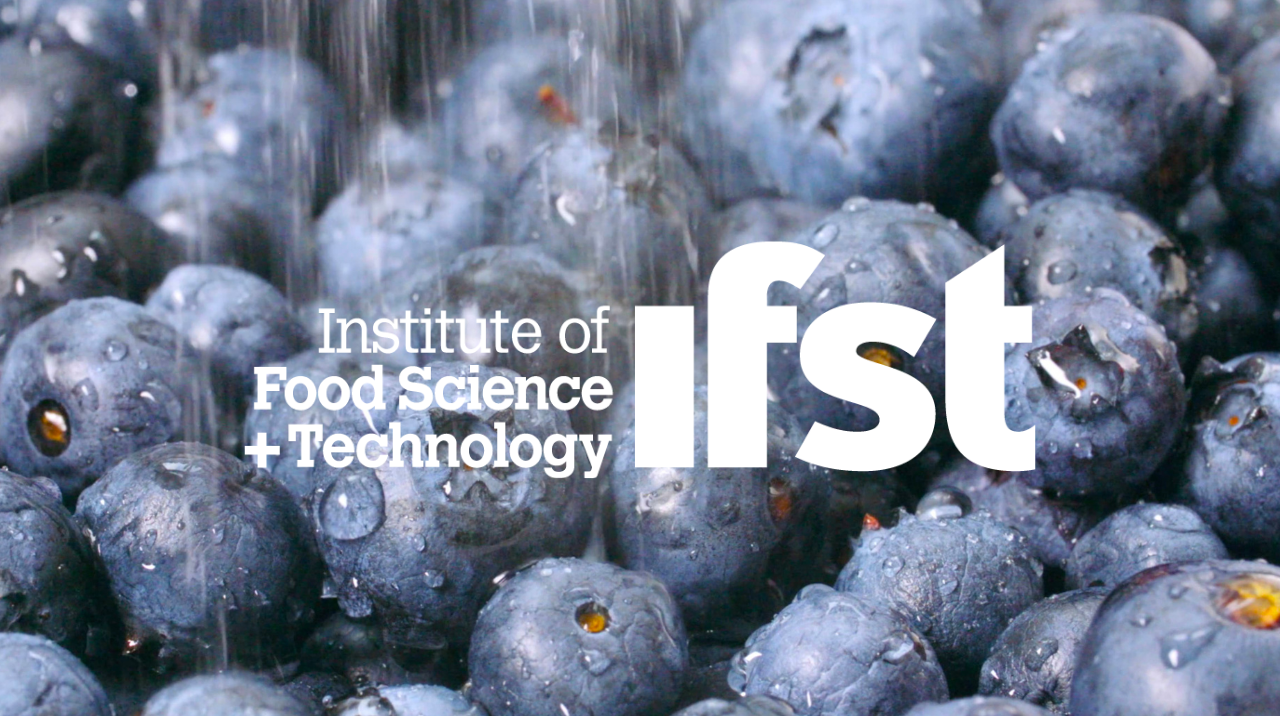Introduction
IFST has published this Food Processing Knowledge Hub to consolidate information and practical guidance on the topic of food and drink processing. By providing easy access to trusted resources on traditional processing unit operations (heat transfer, mixing, size reduction etc.), as well as innovative emerging technologies, we aim to support stakeholders and citizens.
Overview
Food processing covers a wide range of activities which convert ingredients into food and drinks.
Primary Processing: extracting food ingredients from the raw inedible agricultural commodity e.g. butchering a cow for meat, grinding wheat to produce flour.
Secondary Processing: transforming ingredients into food and includes cooking methods carried out on a small (home) or large (factory) scale e.g. washing, peeling, chopping, baking, frying. Also refers to simple preservation methods such as fermenting, drying, salting, smoking and canning to extend shelf life IFST Food Preservation Fact Sheet.pdf
Tertiary Processing: large scale production (manufacturing) of more complex food with reference to a written recipe. Examples include ready-to-eat (breakfast cereals, infant formula, fruit yogurt, bread) and other convenience foods which may include functional additives Food Additives.pdf (ifst.org) (to improve texture, appearance, flavour and nutrient composition) from a discrete list of approved substances (Approved additives and E numbers | Food Standards Agency). Sometimes the term Ultra Processed Foods (UPF) is used, however this is ill-defined and there are differing scientific viewpoints. It is used as a synonym for foods: which have a high energy density and/or nutritionally poor; contain functional additives not commonly used in home-cooking; or release energy quickly into the body. This approach is unhelpful as these are all separate and distinct issues, not necessarily related to the fact the food undergoes any processing.
Processed intermediates: arise when suppliers combine ingredients for other manufacturers to use in their food products.
Overall, we should consume a balanced diet (which may include whole foods, fresh foods and vegetables as well as processed foods) and read packaging labels to minimise foods that are high in fat, sugar and salt. Learning and creating time for home cooking is also helpful.
Note:
The links are checked periodically but if you notice any that are broken, please don’t hesitate to bring these to our attention at info@ifst.org.

We are the UK’s leading professional body for those involved in all aspects of food science and technology. We are an internationally respected independent membership body, supporting food professionals through knowledge sharing and professional recognition.




